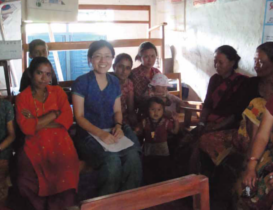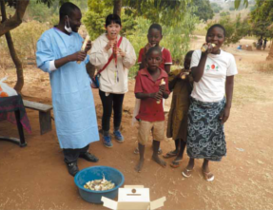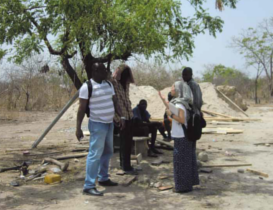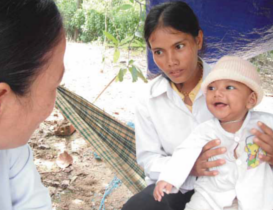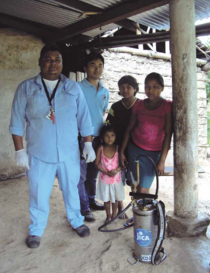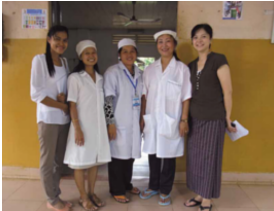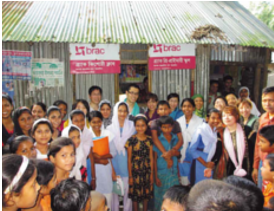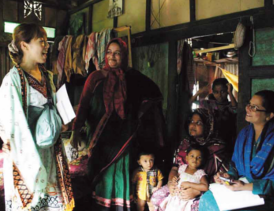Kentaro Sakashita (Tokyo Metropolitan Tama Medical Center, Department of Respiratory Medicine)
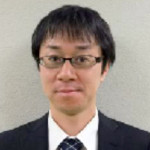 For three months in Manila I conducted research relating to tuberculosis at a national infectious disease hospital. Prior to that, when I was still in Nagasaki, I had attended lectures on biostatistics and medical ethics which were core to the clinical research and made my research proposal along with my supervisor.
For three months in Manila I conducted research relating to tuberculosis at a national infectious disease hospital. Prior to that, when I was still in Nagasaki, I had attended lectures on biostatistics and medical ethics which were core to the clinical research and made my research proposal along with my supervisor.
When I arrived in Manila, I made a presentation about my proposal before all the research collaborators, followed by further discussions with them. This allowed my proposal to be approved by the ethics committee of the hospital where I eventually worked at.
My supervisors and I communicated frequently through TV conference so I could modify and take actions appropriate to the specific situations in the field. By the end of my stay, I was able to collect the necessary data which I analyzed and wrote for my master thesis.
I also joined many clinical sessions in the wards and met outpatients at the hospital. They gave me the invaluable opportunity to see many tropical clinical cases never seen here in Japan and to understand their management.
This “Overseas Clinical Research Program” is an outstanding program which provides both research and clinical experiences in an overseas setting for a short period of time.

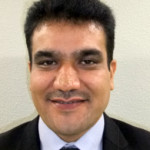 This is my first experience conducting a medical study.
This is my first experience conducting a medical study. For three months in Manila I conducted research relating to tuberculosis at a national infectious disease hospital. Prior to that, when I was still in Nagasaki, I had attended lectures on biostatistics and medical ethics which were core to the clinical research and made my research proposal along with my supervisor.
For three months in Manila I conducted research relating to tuberculosis at a national infectious disease hospital. Prior to that, when I was still in Nagasaki, I had attended lectures on biostatistics and medical ethics which were core to the clinical research and made my research proposal along with my supervisor.